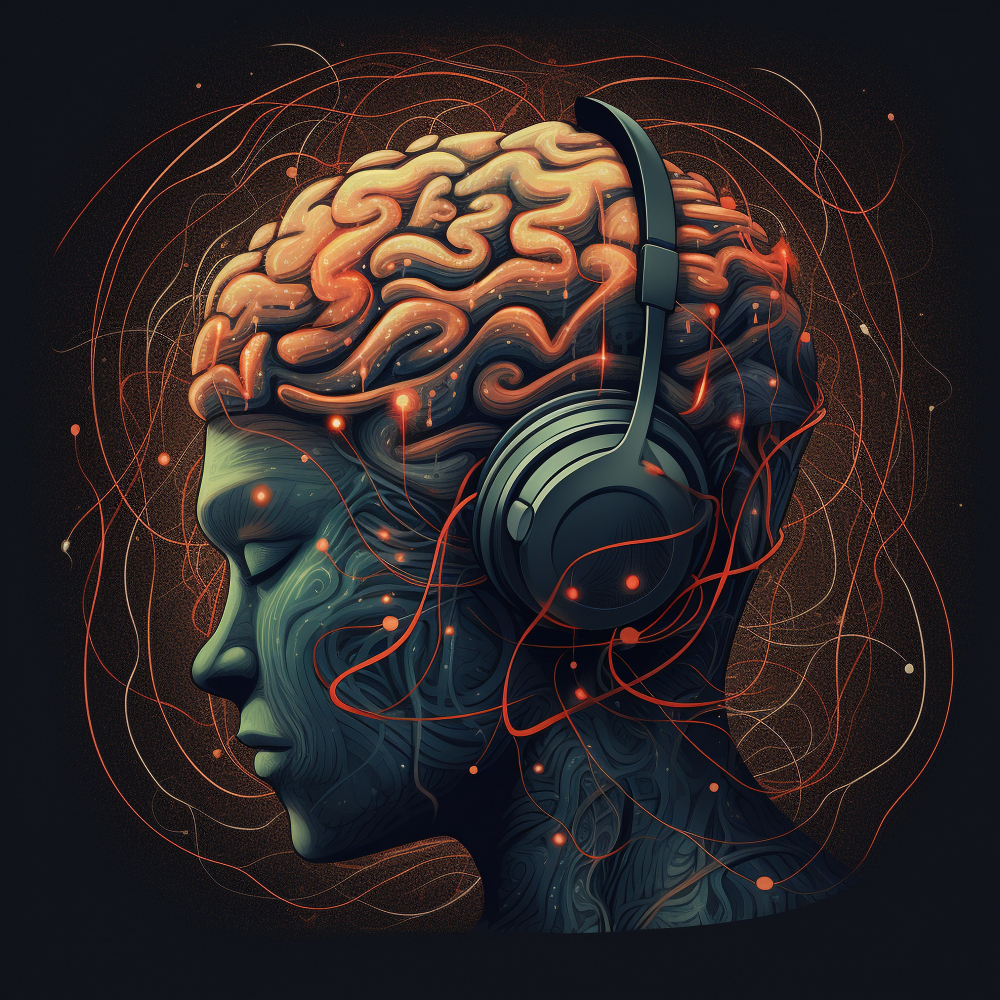How Music Affects the Brain
Music, a universal language that transcends borders, has an enchanting power to captivate our minds and stir our emotions. Wondering How Music Affects the Brain? Beyond the joy it brings, have you ever wondered about the profound impact of music on the brain? Join us on a melodic journey as we explore the intricate relationship between music and the brain, unveiling the scientific wonders that unfold when you press play.

Introduction: The Power of Soundwaves
In the harmonious realm of music, the brain takes center stage, orchestrating a symphony of responses to the auditory delights that surround us. This blog delves into the fascinating ways in which music influences our brains, from triggering emotions to enhancing cognitive functions. Let’s unravel the mysteries of this sonic connection and understand how music becomes a powerful catalyst for neurological harmony.
The Rhythmic Beginning: Exploring the Brain’s Musical Reception
As we embark on this exploration, it’s crucial to understand how the brain receives and processes musical stimuli. The auditory cortex, nestled within the temporal lobe, plays a pivotal role. From the first beat, the brain interprets the rhythm, melody, and harmony, activating various regions that contribute to our musical experience.
The Dopamine Dance: Music’s Impact on Neurotransmitters
Enter the world of neurotransmitters, where music becomes a choreographer for the release of dopamine, the brain’s pleasure chemical. Studies reveal that listening to music we love stimulates the reward system, creating a pleasurable sensation akin to enjoying delicious food or experiencing a runner’s high. This neurological dance not only elevates mood but also fosters a sense of well-being.
Memory’s Melody: Harmonizing with Cognitive Functions
The harmonious relationship between music and memory is a timeless melody. Whether it’s the lyrics of a favorite song or the familiar tune of a childhood melody, music has a profound impact on memory recall. Alzheimer’s patients often exhibit improved memory recall when exposed to music from their past, showcasing music’s potential in therapeutic applications.
The Brain’s Musical Toolbox: Cognitive Benefits of Music Education
Now, let’s shift our focus to the cognitive benefits of music education. Research suggests that learning to play an instrument enhances executive functions, such as problem-solving and multitasking. Children engaged in musical activities demonstrate improved academic performance, emphasizing the importance of incorporating music into educational curricula.
The Therapeutic Symphony: Healing Harmonies in Mental Health
Music serves as a therapeutic companion in the realm of mental health. Whether soothing anxiety, alleviating depression, or providing an outlet for emotional expression, music therapy has proven to be a powerful tool. Explore how specific genres and rhythms can be tailored to address various mental health challenges.
The Future Harmony: Technological Innovations and the Future of Music in Neuroscience
As technology advances, so does our understanding of the brain’s response to music. Neuroimaging techniques and innovative research avenues offer a glimpse into the future of neuroscience and music. Explore how these developments pave the way for personalized music interventions tailored to individual neurological profiles.
Conclusion: A Crescendo of Possibilities
In the grand finale of our exploration, we’ve uncovered the intricate interplay between music and the brain. From triggering neurotransmitters to enhancing cognitive functions and fostering emotional well-being, music emerges as a powerful force in neuroscience. As we continue to unravel the mysteries, one thing remains clear: the harmonious connection between music and the brain holds a symphony of possibilities for our understanding of the mind’s intricate melodies.